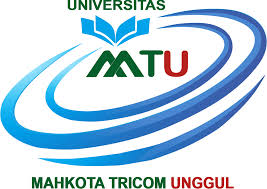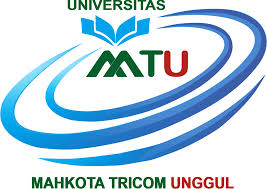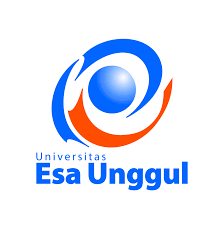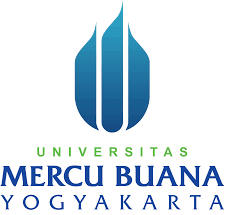Uncovering Creative Accounting Practices in MSMEs from the Perspective of Ethics and Professional Compliance
DOI:
https://doi.org/10.55927/fjst.v4i9.247Keywords:
Creative Accounting, MSMEs, Professional Ethics, Professional Compliance, Financial ReportsAbstract
This study explores how leaders adapt to institutional changes driven by artificial intelligence (AI), focusing on leadership strategies, managerial flexibility, and their impact on human resource engagement. Using a qualitative case study with 12 key informants from a higher education institution in Riau, data were collected through in-depth interviews and analyzed thematically. Findings show that effective leadership adaptation relies on articulating a clear AI transformation vision, developing human resource capacity through continuous training, and implementing participatory communication to reduce resistance. The study concludes that leadership adaptation is crucial for sustaining AI-based transformation and contributes both theoretically and practically to adaptive leadership and HR management in the digital era.
References
Alsharari, N. M. (2022). Accounting practices and challenges in small businesses: An international perspective. Journal of Small Business and Enterprise Development, 29(2), 213–229.
Amat, O., Blake, J., & Dowds, J. (2020). Creative Accounting: Nature, incidence and ethical issues. International Journal of Economics and Accounting, 11(1), 1–18.
Association of Certified Fraud Examiners (ACFE). (2022). Report to the Nations: Global Study on Occupational Fraud and Abuse.
Creswell, J. W., & Poth, C. N. (2018). Qualitative inquiry and research design: Choosing among five approaches (4th ed.). SAGE Publications.
Herawati, N., & Putri, D. K. (2023). The influence of financial literacy and internal control on financial reporting quality in MSMEs. Journal of Accounting and Business Research, 22(1), 56–70.
IFAC (International Federation of Accountants). (2023). Handbook of the International Code of Ethics for Professional Accountants (including International Independence Standards).
Jones, M. (2021). Creative accounting, fraud and international accounting scandals. John Wiley & Sons.
Kementerian Koperasi dan UKM Republik Indonesia. (2023). Data UMKM 2023.
Mulyadi, D., & Anwar, S. (2021). Ethical perception and practice of earnings management in small business entities. Jurnal Akuntansi Multiparadigma, 12(2), 202–218.
Nugraha, R., & Yuniarti, A. (2022). Cash flow manipulation and its effect on SME financial performance. Jurnal Ilmu dan Riset Akuntansi, 11(4), 1–15.
Sari, M. E., Pramudyo, B., & Azhari, R. (2020). Inventory control and financial reporting reliability in Indonesian MSMEs. Jurnal Riset Akuntansi dan Keuangan, 8(1), 44–59.
Trisnawati, D., & Hasanah, N. (2023). Cultural values and ethical issues in MSME financial reporting practices. Jurnal Akuntansi dan Etika Bisnis, 13(1), 77–92.
Wulandari, R., Supriyadi, T., & Anisa, S. (2023). Accounting practices and compliance in Indonesian MSMEs: A qualitative insight. Jurnal Ilmu Akuntansi, 6(1), 85–98.
Yustisia, R., & Ramdhani, A. (2021). Understanding ethical standards among small business owners in Indonesia. Jurnal Etika dan Profesi Akuntansi, 9(2), 34–49.
Downloads
Published
Issue
Section
License
Copyright (c) 2025 Joanna Azmi Alyssa Dewi, Elga Yulindisti, Rusliyawati Rusliyawati, Marjono Marjono

This work is licensed under a Creative Commons Attribution 4.0 International License.


































